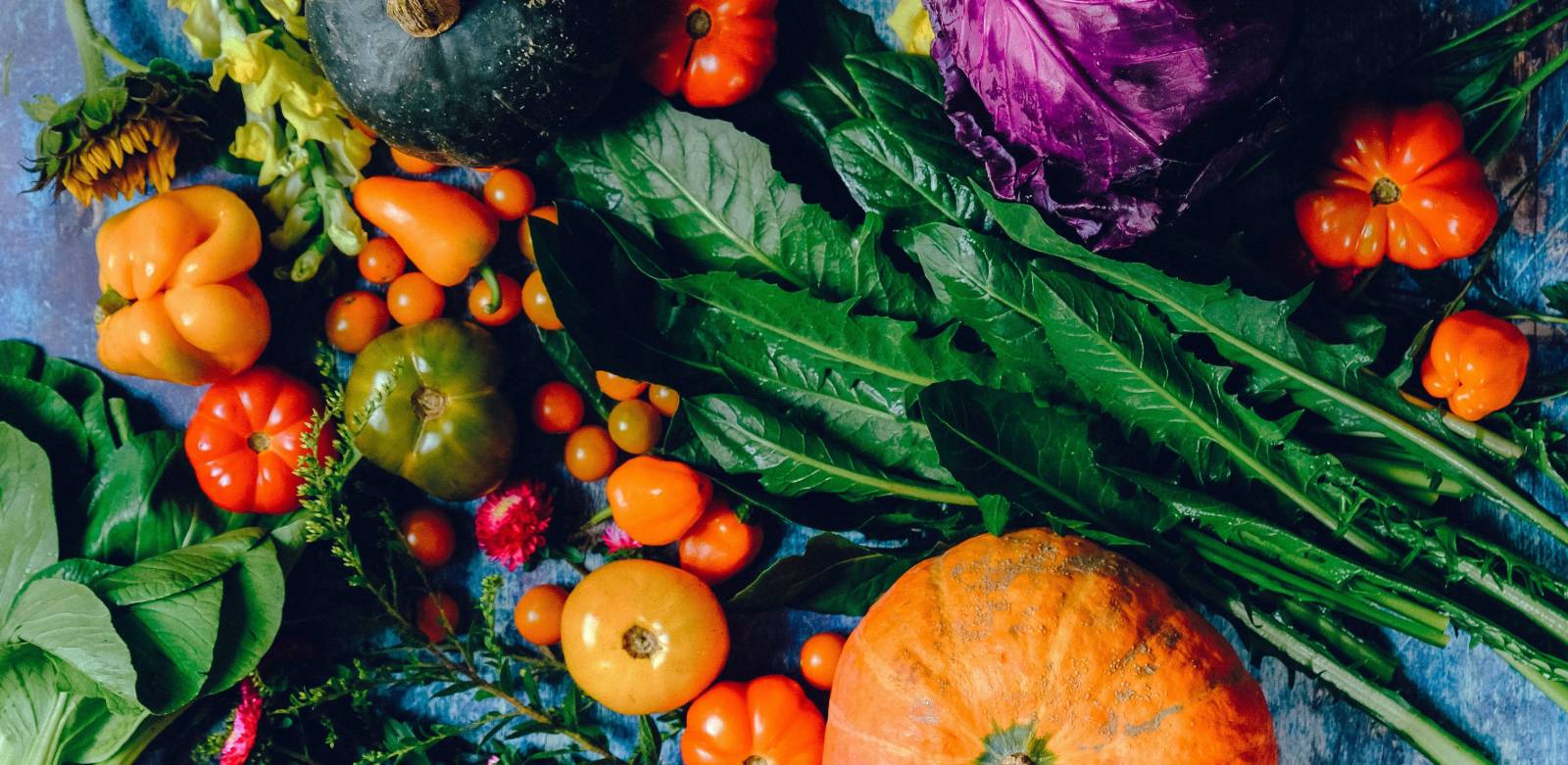14 Apr Steinbeck as food critic
John Steinbeck has been referred to as the first environmentalist. In one of his last works written in 1962, Travels with Charley: In Search for America, Steinbeck sets off on an epic road trip chronicling his search for what defines America. With fabricated stories along the way, Steinbeck describes some pretty amusing cultural habits—many of them having to do with food.
Here are some excerpts:
“Everything we use comes in boxes, cartons, bins, the so-called packaging we love so much. The mountains of things we throw away are much greater than the things we use. In this, if in no other way, we can see the wild and reckless exuberance of our production, and waste seems to be the index.”
“I went to the small restaurant run in conjunction. It was all plastic too—the table linen, the butter dish. The sugar and crackers were wrapped in cellophane, the jelly in a small plastic coffin sealed with cellophane.”
“It occurs to me that, just as the Carthaginians hired mercenaries to do their fighting for them, we Americans bring in mercenaries to do our hard and humble work. I hope we may not be overwhelmed one day by peoples not too proud or too lazy or too soft to bend the earth and pick up the things we eat.”
“But of all, the hot soup machine is the triumph. Choose among ten—pea, chicken noodle, beef and veg., insert coin. A rumbling hum comes from the giant and a sign lights up that reads “Heating”. After a minute a red light flashes on and off until you open a little door and remove the paper cup of boiling hot soup. It is life at a peak of some kind of civilization.”
“The restaurant accommodations, great scallops of counters with simulated leather stools, are as spotless as and not unlike the lavatories. Everything that can be captured and held down is sealed in clear plastic. The food is oven-fresh, spotless and tasteless; untouched by human hands. I remember with an ache certain dishes in France and Italy touched by innumerable human hands.”
“Radio and television speech becomes standardized, perhaps better English than we have ever used. Just as our bread, mixed and baked, packaged and sold without benefit of accident or human frailty, is uniformly good and uniformly tasteless, so will our speech become one speech.”
“I ordered bratwurst and sauerkraut and distinctly saw the cook unwrap a sausage from a cellophane slip cover and drop it into boiling water. The beer came in a can. The bratwurst was terrible and the kraut an insulting watery mess.”
“Let’s take food as we have found it. It is more than possible that in the cities we have passed through, traffic-harried, there are good and distinguished restaurants with menus of delight. But in the eating places along the roads the food has been clean, tasteless, colorless, and of a complete sameness. It is almost as though the customers had no interest in what they ate as long as it had no character to embarrass them.”
“Can I then say that the America I saw has put cleanliness first, at the expense of taste?”
“If this people has so atrophied its taste buds as to find tasteless food not only acceptable but desirable, what of the emotional life of the nation? We’ve listened to local radio across the country. And apart from a few reportings of football games, the mental fare has been as generalized, as packaged, and as undistinguished as the food.”
[fb_button]
[follow_me]


No Comments